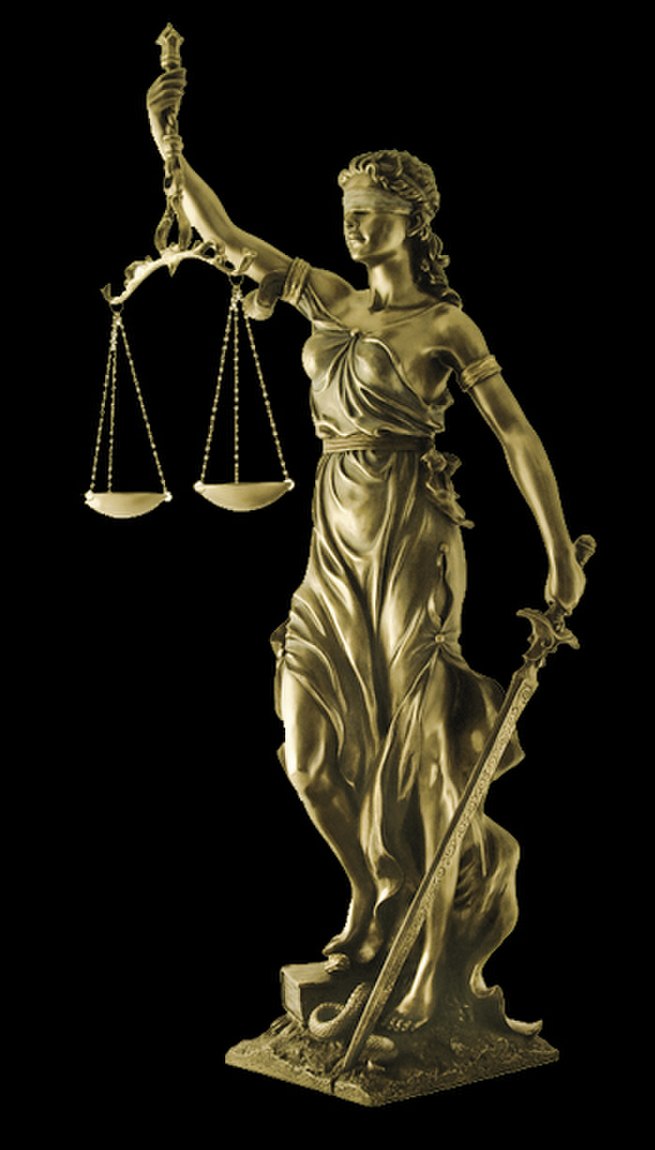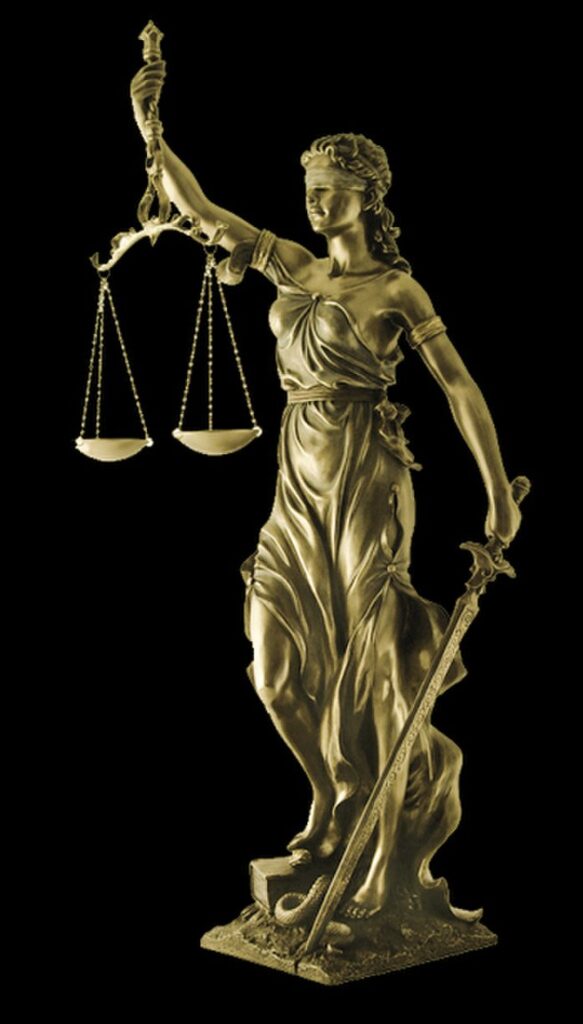
Main Difference
The main difference between Principle and Policy is that the Principle is a rule that has to be followed or is an inevitable consequence of something, such as the laws observed in nature and Policy is a principle or protocol to guide decisions and achieve rational outcomes
-
Principle
A principle is a concept or value that is a guide for behavior or evaluation. In law, it is a rule that has to be, or usually is to be followed, or can be desirably followed, or is an inevitable consequence of something, such as the laws observed in nature or the way that a system is constructed. The principles of such a system are understood by its users as the essential characteristics of the system, or reflecting system’s designed purpose, and the effective operation or use of which would be impossible if any one of the principles was to be ignored. A system may be explicitly based on and implemented from a document of principles as was done in IBM’s 360/370 Principles of Operation.
Examples of principles are, entropy in a number of fields, least action in physics, those in descriptive comprehensive and fundamental law: doctrines or assumptions forming normative rules of conduct, separation of church and state in statecraft, the central dogma of molecular biology, fairness in ethics, etc.
In common English, it is a substantive and collective term referring to rule governance, the absence of which, being “unprincipled”, is considered a character defect. It may also be used to declare that a reality has diverged from some ideal or norm as when something is said to be true only “in principle” but not in fact.
-
Policy
A policy is a deliberate system of principles to guide decisions and achieve rational outcomes. A policy is a statement of intent, and is implemented as a procedure or protocol. Policies are generally adopted by a governance body within an organization. Policies can assist in both subjective and objective decision making. Policies to assist in subjective decision making usually assist senior management with decisions that must be based on the relative merits of a number of factors, and as a result are often hard to test objectively, e.g. work-life balance policy. In contrast policies to assist in objective decision making are usually operational in nature and can be objectively tested, e.g. password policy.The term may apply to government, private sector organizations and groups, as well as individuals. Presidential executive orders, corporate privacy policies, and parliamentary rules of order are all examples of policy. Policy differs from rules or law. While law can compel or prohibit behaviors (e.g. a law requiring the payment of taxes on income), policy merely guides actions toward those that are most likely to achieve a desired outcome.Policy or policy study may also refer to the process of making important organizational decisions, including the identification of different alternatives such as programs or spending priorities, and choosing among them on the basis of the impact they will have. Policies can be understood as political, managerial, financial, and administrative mechanisms arranged to reach explicit goals. In public corporate finance, a critical accounting policy is a policy for a firm/company or an industry that is considered to have a notably high subjective element, and that has a material impact on the financial statements.
-
Principle (noun)
A fundamental assumption or guiding belief.
“We need some sort of principles to reason from.”
-
Principle (noun)
A rule used to choose among solutions to a problem.
“The principle of least privilege holds that a process should only receive the permissions it needs.”
-
Principle (noun)
Moral rule or aspect.
“I don’t doubt your principles.”
“You are clearly a person of principle.”
“It’s the principle of the thing; I won’t do business with someone I can’t trust.”
-
Principle (noun)
A rule or law of nature, or the basic idea on how the laws of nature are applied.
“Bernoulli’s Principle”
“The Pauli Exclusion Principle prevents two fermions from occupying the same state.”
“The principle of the internal combustion engine”
-
Principle (noun)
A fundamental essence, particularly one producing a given quality.
“Many believe that life is the result of some vital principle.”
-
Principle (noun)
A beginning.
-
Principle (noun)
A source, or origin; that from which anything proceeds; fundamental substance or energy; primordial substance; ultimate element, or cause.
-
Principle (noun)
An original faculty or endowment.
-
Principle (verb)
To equip with principles; to establish, or fix, in certain principles; to impress with any tenet or rule of conduct.
-
Policy (noun)
The art of governance; political science. 14th–18th c.
-
Policy (noun)
A state; a polity. 14th–16th c.
-
Policy (noun)
A set political system; civil administration. 15th–19th c.
-
Policy (noun)
A trick; a stratagem. 15th–19th c.
-
Policy (noun)
A principle of behaviour, conduct etc. thought to be desirable or necessary, especially as formally expressed by a government or other authoritative body. from 15th c.
“The Communist Party has a policy of returning power to the workers.”
-
Policy (noun)
Wise or advantageous conduct; prudence, formerly also with connotations of craftiness. from 15th c.
-
Policy (noun)
Specifically, political shrewdness or (formerly) cunning; statecraft. from 15th c.
-
Policy (noun)
The grounds of a large country house. from 18th c.
-
Policy (noun)
Motive; object; inducement.
-
Policy (noun)
An illegal daily lottery in late nineteenth and early twentieth century USA on numbers drawn from a lottery wheel (no plural)
-
Policy (noun)
A number pool lottery
-
Policy (verb)
To regulate by laws; to reduce to order.
-
Principle (noun)
a fundamental truth or proposition that serves as the foundation for a system of belief or behaviour or for a chain of reasoning
“the basic principles of justice”
-
Principle (noun)
a rule or belief governing one’s behaviour
“she resigned over a matter of principle”
“struggling to be true to their own principles”
-
Principle (noun)
morally correct behaviour and attitudes
“a man of principle”
-
Principle (noun)
a general scientific theorem or law that has numerous special applications across a wide field.
-
Principle (noun)
a natural law forming the basis for the construction or working of a machine
“these machines all operate on the same general principle”
-
Principle (noun)
a fundamental source or basis of something
“the first principle of all things was water”
-
Principle (noun)
a fundamental quality determining the nature of something
“the combination of male and female principles”
-
Principle (noun)
an active or characteristic constituent of a substance, obtained by simple analysis or separation
“the active principle of Spanish fly”
-
Policy (noun)
a course or principle of action adopted or proposed by an organization or individual
“it is not company policy to dispense with our older workers”
“the government’s controversial economic policies”
-
Policy (noun)
prudent or expedient conduct or action
“a course of policy and wisdom”
-
Policy (noun)
a contract of insurance
“they took out a joint policy”
-
Policy (noun)
an illegal lottery or numbers game
“he swore that he had never played policy in his life”

